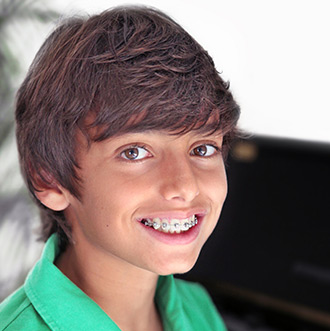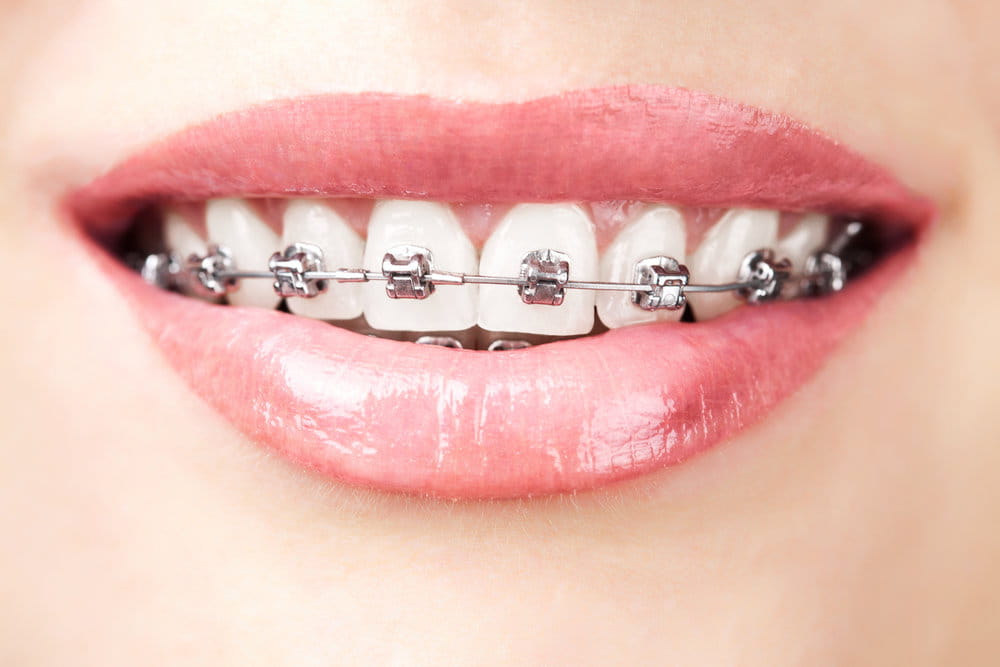Some Known Incorrect Statements About Causey + Hall Orthodontics
Some Known Incorrect Statements About Causey + Hall Orthodontics
Blog Article
Indicators on Causey + Hall Orthodontics You Should Know
Table of ContentsThe 8-Minute Rule for Causey + Hall OrthodonticsThe Of Causey + Hall OrthodonticsSome Known Incorrect Statements About Causey + Hall Orthodontics How Causey + Hall Orthodontics can Save You Time, Stress, and Money.Not known Details About Causey + Hall Orthodontics The Definitive Guide to Causey + Hall Orthodontics
What is the difference between a dental practitioner and an orthodontist? To respond to a concern that is typically asked, both dental practitioners and orthodontists help individuals get better dental health, albeit in various means. It helps to bear in mind that dentistry is an instead broad science with various medical specializations. All dental practitioners, including orthodontists, treat the teeth, gums, jaw and nerves.Orthodontists and dental practitioners both supply oral take care of people. Orthodontists can operate in an oral workplace and use the same therapies as other dental professionals. So you can consider both medical professionals who treat periodontal and teeth issues. The main distinction is that coming to be an orthodontist needs a certain specialized in treating the misalignment of the teeth and jaw.
An orthodontist is a dentist that has undertaken training to focus on the medical diagnosis, prevention and treatment of abnormalities in the jaw and teeth. Their training consists of dealing with these existing problems. They can also determine potential troubles in teeth alignment that may create when problems are left untreated. Orthodontists can help individuals of all ages - https://padlet.com/rickeynewberry/my-fierce-padlet-b5typutbv1hl7iif.
Not known Facts About Causey + Hall Orthodontics
This consists of all the necessary education and learning to end up being a basic dental professional. According to the American Trainee Dental Association (ASDA), it suggests you will require to have either a Physician of Medication in Dental Care (DMD) or a Medical Professional of Oral Surgery (DDS). In other words, orthodontists need to complete oral college and afterwards acquire an orthodontics specialized education and learning.


When you have a healthy bite, you can speak, chew and consume correctly, hence boosting your high quality of life. Aside from the orthodontist, we often see aides working with these oral specialists in their centers. What is an orthodontist aide called? They're appropriately called orthodontic aides. They are specialized aides, and are trained to handle dental equipment and supply preventative oral healthcare.
Facts About Causey + Hall Orthodontics Uncovered
At Advanced Orthodontics, we provide patients with a alternative therapy experience. Additionally, we provide adjustable therapy routines, adaptable payment options and a fun, pleasurable experience. Call ( 480) 357-4900 today to find out more and timetable a consultation.
An orthodontist is a dental expert trained to diagnose, stop, and deal with teeth and jaw abnormalities. Orthodontists work with individuals of all ages, from children to grownups.
All orthodontists are dentists, but not all dental professionals are orthodontists. Orthodontic why not try these out residency programs provide extensive, concentrated direction for dental professionals. They focus on 2 locations: Exactly how to effectively and securely move teeth Exactly how to appropriately lead advancement in the teeth, jaw, and faceOnce an orthodontist has completed training, they have the option to become board certified.
Rumored Buzz on Causey + Hall Orthodontics
Misalignment, or malocclusion, is the most typical reason people see an orthodontist. Malocclusion is typically treated with: Your orthodontist attaches steel, ceramic, or plastic square bonds to your teeth.
Some people need a headgear to help move teeth into line with stress from outside the mouth. A retainer is a custom-made gadget that maintains your teeth in place.
They can produce extra space in the mouth without having to pull teeth. Orthodontists utilize cables, surgical screws, or plates to support your jaw bone.
Our Causey + Hall Orthodontics Statements
Throughout your first orthodontic assessment, you'll likely have: An oral examPhotos taken of your face and smileDental X-raysPanoramic (360 level) X-rays of your face and headImpressions to create molds of your teethThese tests will certainly aid your orthodontist know just how to continue with your treatment. An orthodontist is a dental practitioner who's had training to treat your teeth and jaw.
Orthodontists are dental experts but not all dentists are orthodontists. Orthodontists are concentrated on your bite, or the way your teeth fit with each other, and the straightness of your teeth.
Indicators on Causey + Hall Orthodontics You Should Know
What exactly does an orthodontist do? Orthodontists are oral experts that focus on correcting abnormalities in the teeth and jaws.

Clear aligners, like Invisalign, are a popular choice for clients looking for an extra discreet treatment alternative. These removable trays are customized to gradually change the teeth's placement. Headgear might be utilized combined with dental braces or aligners to use added targeted pressures, specifically for fixing jaw discrepancies. In cases of narrow jaws, palatal expanders can be made use of to develop room for proper tooth placement.
Report this page